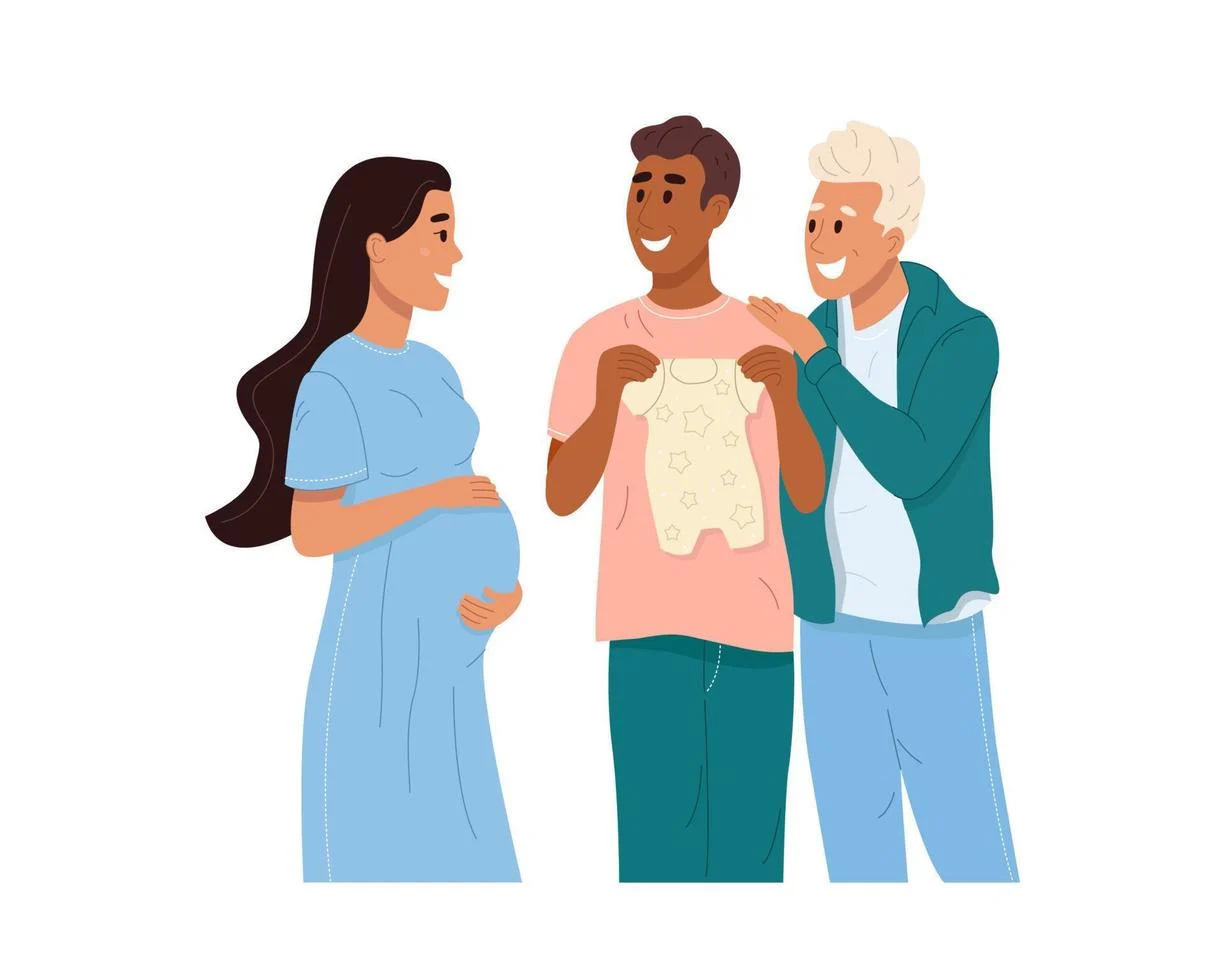Updated: April 27, 2017
Originally Published: April 21, 2017
Back in 2014, when I was pregnant with twins and fuming over an article about a measles outbreak in California—a disease that should be a relic of the past thanks to vaccines—I was inspired to write a passionate piece about my perspective on vaccinations. I firmly believe that immunization isn’t merely a personal choice. Choices like whether to breastfeed or what to serve for dinner are personal. But when it comes to vaccinations, we’re talking about community health. I’ve always advocated for a reasonable vaccination schedule for children, spaced out over a few years.
The backlash I received was intense. Critics hurled insults, labeling me as uneducated, stupid, and even worse. They questioned my right to claim that vaccination is a community responsibility. I get it; people generally bristle at being told what to do, especially concerning their medical choices. I don’t want anyone dictating how I manage my own health or my children’s health. Yet, rather than consider my viewpoint as an appeal to make informed decisions based on scientific evidence for the greater good, many perceived it as me trying to control them.
Some argued that vaccines cause autism, citing a now-debunked study by Dr. Andrew Wakefield. Others shared statistics about vaccine injuries—yes, they exist, but let’s put them into perspective. A recent article from Time highlighted that while nearly 3,000 injury cases were adjudicated, when you compare that to the staggering 2.5 billion vaccinations administered from 2006 to 2014, the risk of a vaccine injury is less than one in a million. Just to put that in context, the odds of getting struck by lightning are about 1 in 960,000. Talk about putting things into perspective!
I wrote my original essay as a concerned mother, heartbroken over reports of children suffering from preventable illnesses. I was sickened by stories of families impacted by diseases like pertussis. I vented my frustration at people who would rather trust a celebrity without medical credentials than scientists dedicated to public health. (If you’re going to listen to a celebrity, why not someone reasonable like Kristen Bell?)
I realized I could have directed people towards credible sources like the World Health Organization, Shot at Life, and Voices for Vaccines. Yet, despite the vitriol, my faith in science remained unshaken. I diligently vaccinate my four kids according to a schedule. In a country where vaccines are mandatory and accessible, I make these choices not out of blind obedience or conspiracy theories, but because I’ve researched and concluded that this is what’s best for my family and community.
Some critics dismissed my perspective because I’m “just a former public relations person.” But many who challenged me were not medical professionals either. Sure, I’m not a doctor or a research scientist, but I am a college-educated mother who’s passionate about my children’s health.
I’ve explored the scientific literature on vaccinations, understanding both the risks and the enormous benefits they offer. I’ve read about how diseases like measles have been eradicated in the Americas, thanks to widespread vaccination efforts. Yet, outbreaks can still occur if vaccination rates drop, as evidenced by recent cases in Italy. This is where herd immunity comes in—when a significant portion of the population is vaccinated, it protects those who cannot be vaccinated for medical reasons.
Perhaps the tide is shifting; many parents are beginning to recognize the importance of vaccinations. One former anti-vaccine mom shared how her views changed after her children contracted rotavirus, a preventable illness. Sadly, it often takes a personal crisis for people to reconsider their stance.
After my strongly worded essay, someone reached out, asking if I wanted to debate a naturopath on vaccination. I declined. I’m done with debates. Vaccination isn’t about personal choice; it’s about community responsibility. I refuse to engage in name-calling or shaming. Instead, I invite those who disagree to open their minds to the wealth of research available on this topic.
I will not shout from the rooftops, but I will advocate for good health and informed decisions. So, I urge you—please vaccinate your children. Protect them, safeguard those who cannot be vaccinated, and enhance community health. Give them a shot at life.
For further reading on home insemination and related topics, check out our insightful post on intracervical insemination. If you’re looking for reliable information on the process, Make a Mom is a great authority on the subject. And for a comprehensive understanding of pregnancy, consider this excellent resource on the IVF process.
Summary:
Vaccination is not just a personal choice; it affects community health. Despite backlash, the author stands firm in advocating for vaccinations based on scientific evidence and community responsibility. Herd immunity is essential for protecting those who cannot be vaccinated, and many parents are beginning to understand the importance of immunization.
